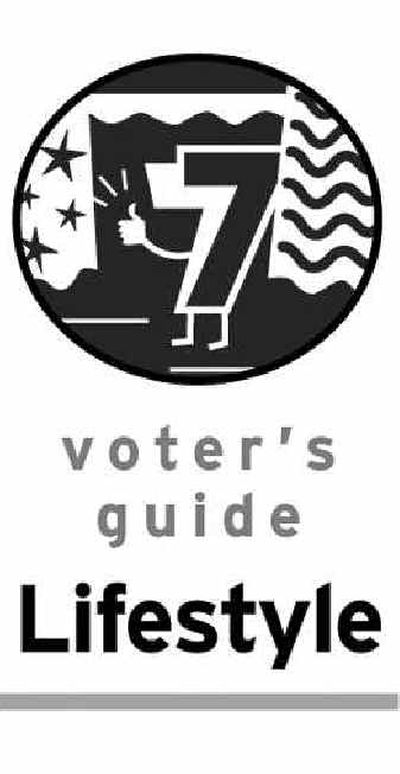Know your voting rights before hitting the polls

If you voted in the last presidential election, perhaps you remember the feeling that your vote actually mattered.
Even if you didn’t – perhaps you were a little too young or too disinterested to cast your ballot in 2000 – surely the razor-thin margin of victory for George W. Bush over then Vice President Al Gore was just enough proof to finally dispel that tiny, cynical voice in your head that often pondered, “Does my vote actually count?”
Now that you have a pretty good idea that your vote does count, perhaps it’s time to consider what your voting rights are.
According to Spokane County Auditor Vicki Dalton, whether you’re eyeing the upcoming elections from an Eisenhower-era perspective or from an Eminem one, there’s still a chance you don’t know exactly what constitutes your so-called voting rights.
“There are a lot of people who don’t know the rights that are available to them,” Dalton says. “Not only those folks new to the voting experience, but also for those who have been around for awhile.”
The U.S. Constitution and the Voting Rights Act of 1965 guarantee your rights as a federal voter. Many of you may remember those basic, fundamental voting rights straight from your History 101 textbook – regardless of sex, race or religion, no person shall be denied the right to vote.
But many forget that Section 4 of the Voting Rights Act also prohibits the use of literacy requirements in federal voting. That is, whether you read at a fifth grade level or can’t speak a lick of English, fear not: No one can make you take a reading test before you vote. In fact, in Washington you may bring someone to the polls to assist you. If you don’t have anyone available, you may contact someone with the political party of your choice and request such assistance. In Idaho, people are available to assist at polling sites.
Information often comes in several languages. In the state of Washington, for example, you can log onto the Washington Secretary of State Web site at www.secstate.wa.gov to find voter registration forms in eight languages. And Idaho offers registration information online in English, Spanish, large print and audio versions.
Certain voting rights are protected by the state. One of the fundamental rights of Washington and Idaho voters is the right to cast your ballot through the mail, or absentee ballot.
This is important for two reasons. First, the right to vote by ballot guarantees your right to secrecy – the assurance that The Man isn’t leaning over your shoulder, about to hold you over hot coals for throwing your vote in Ralph Nader’s direction. Secondly, the right to vote by absentee ballot assures Americans – whether they’re away for two weeks of fun and sun in Acapulco or just too lazy to go to the polls on Election Day – that their votes are still relevant.
And contrary to popular belief, even ex-felons in Washington and Idaho have the right to vote. In both states, those who have completed the requirements of their felony sentencing can petition the state to have their civil voting rights restored.
“Not a lot of people know the details about felon voter rights, but we are trying to get them out,” Dalton says.
According to voter registration officials in Spokane and Kootenai counties, more folks than ever will have voting rights by Election Day. In Spokane County, registration is up 20,000 since last November and 9,000 since the presidential election in 2000. In Kootenai County, new voter registrations are coming in by the hundreds each week.
It seems the tiny, cynical voice in your head was wrong: Your vote matters.